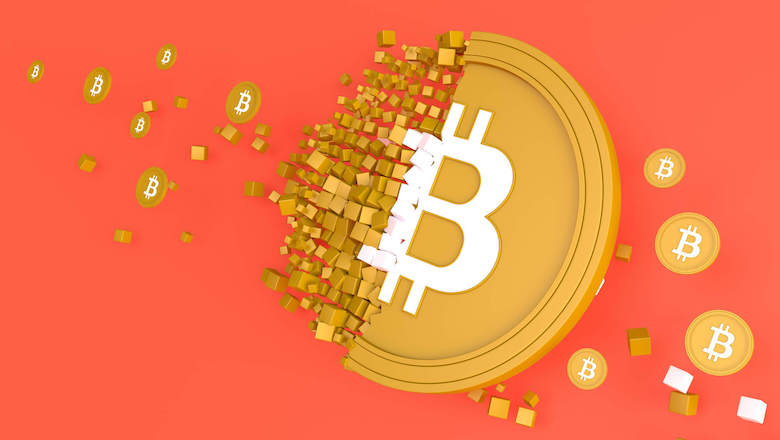David Agullo
What Makes The Cryptocurrency Market So Volatile?

In December 2020, Bitcoin was trading approximately $20,000 (generally ₹ 14.85 lakh). In January this year, it crossed $40,000 (generally ₹ 29.70 lakh). Proceeding with its bull run, it reached an unsurpassed high of $65,000 (generally ₹ 48.27 lakh) by April. Then in May, it smashed, and throughout June it stayed below $30,000 (generally ₹ 22.28 lakh). The coin started energizing again around July 20 and outperformed $45,000 (generally ₹ 33.42 lakh) last week for the first time in almost 90 days. Essentially, most other famous cryptocurrency coins have acted over the recent months. While this has brought about a bonus for a few, some others might have also lost a piece of their speculations because of the great instability in the cryptocurrency market.
The one inquiry generally upsetting to most investors is: Why is digital currency so unstable? The cryptocurrency market has been unstable from the start however the most recent couple of months have been especially a wild ride. There are several components that decide the path of cryptocurrency market.
Developing Market
Cryptocurrency is as yet a developing market, acquiring fast ubiquity as well fuelling speedy upsetting among investors. Notwithstanding all of the media consideration, this market is still tiny when compared to customary monetary forms, or even gold. This implies significantly more modest powers – a group of individuals holding a lot of crypto coins – can impact the trade. Even though they sell only Bitcoins, it is sufficient to crash the entire market.
Speculation
The cryptocurrency market blossoms with speculation. Investors bet that the costs would go up or go down to make benefits. These speculative wagers cause an abrupt inundation of money or an unexpected outgo, prompting high unpredictability.
Purely Digital Resource
Most digital currencies, including Bitcoin and Ether, are simply digital resources without any support of any actual product or currency. This implies their price is determined by the laws of the organic market. Without some other stabilizing factor, similar to government backing, quite a few reasons might prompt a fluctuation in demand or supply.
Emerging Technology
The blockchain or other elective advancements on which these coins function are as yet developing. It has just been 10 years since the Bitcoin idea was first proposed. There is the adaptability issue, when a savvy contract isn’t approved with the time-frame expected, making unexpected downward pressure.
Fragile Investors
Unlike real estate or the stock market, this market isn’t viewed as requiring expertise. So mostly part-timers workers are putting resources into it. They come to an expectation of making speedy gains but sometimes when that doesn’t occur, they become upset and withdraw from it. This incessant inclusion and withdrawal also lead to unpredictability.
Latest
Business
21 Feb 2026
Business
13 Feb 2026
Business
07 Feb 2026
Business
06 Feb 2026
Business
05 Feb 2026
Business
03 Feb 2026












